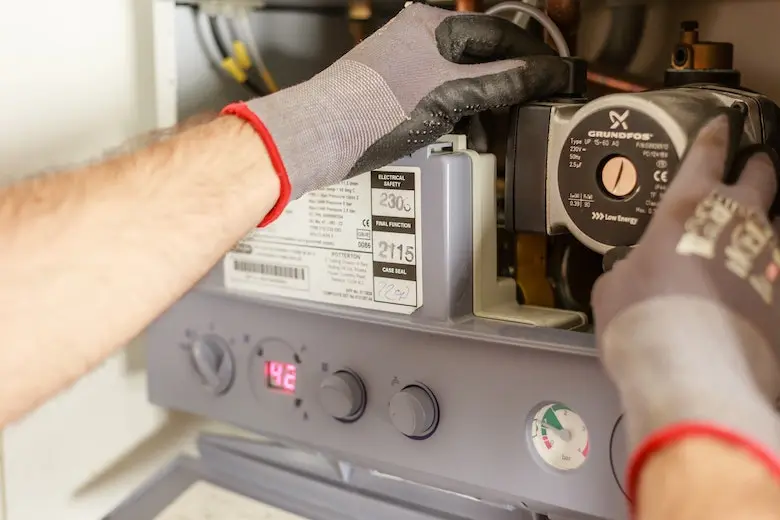Table of Contents
Introduction
For any homeowner, plumbing issues can cause a lot of trouble. From leaky faucets to clogged drains, these issues can quickly escalate into costly repairs if not addressed promptly. To avoid such situations, it’s essential to know some tips for plumbing that can help you keep your plumbing system in good condition. In this article, we will discuss some of the most effective plumbing tips that every homeowner should know.

Tip 1: Regular Maintenance
Regular maintenance is crucial to keeping your plumbing system in good working condition. You can do this by inspecting your pipes and fixtures for signs of wear and tear, such as leaks, corrosion, or blockages. Also, it’s a good idea to have a professional plumber inspect your plumbing system once a year to detect any potential issues early on. By performing regular maintenance, you can prevent expensive repairs and increase the longevity of your plumbing system.
Tip 2: Know Your Plumbing System
Knowing your plumbing system is essential for effective maintenance. Take the time to learn about the location of your pipes, valves, and fixtures. This knowledge can help you quickly identify the source of any plumbing problems you encounter. You can also use this information to turn off the water supply in case of an emergency, such as a burst pipe.
Tip 3: Avoid Chemical Drain Cleaners
Chemical drain cleaners can be tempting to use when you have a clogged drain, but they can cause more harm than good. These cleaners can corrode your pipes and cause leaks, and they can also harm the environment. Instead, try using a plunger or a plumbing snake to clear the blockage. If those steps do not work, contact a professional plumber to prevent further damage.
Tip 4: Use Water Softeners
Hard water can cause mineral buildup in your plumbing system, leading to clogs and reduced water pressure. Using a water softener can help prevent this problem by removing minerals from the water before it enters your plumbing system. Water softeners can also extend the life of your appliances by reducing mineral buildup in your dishwasher, washing machine, and water heater.
Tip 5: Install a Water Pressure Regulator
High water pressure can cause damage to your plumbing system, including burst pipes and leaks. Installing a water pressure regulator can help regulate the water pressure in your home, preventing these issues. A professional plumber can help you determine if your home needs a water pressure regulator and can install one for you if necessary.
Tip 6: Fix Leaks Promptly
A leaky faucet or pipe may seem like a minor annoyance, but it can quickly escalate into a significant problem if not addressed promptly. Even a small leak can waste a significant amount of water and increase your water bill. Additionally, a leak can lead to water damage, mold growth, and other issues. It’s essential to fix any leaks as soon as you notice them to prevent these problems.
Tip 7: Don’t Overload Your Garbage Disposal
Your garbage disposal is a convenient appliance that can help you get rid of food waste, but it’s not designed to handle everything. Avoid putting hard or fibrous foods down the disposal, such as bones, fruit pits, and vegetable peelings. These items can damage your disposal and cause clogs. Instead, dispose of these items in your trash can or compost bin.
Tip 8: Use Drain Strainers
Using drain strainers in your sinks and shower can help prevent clogs by catching hair, food particles, and other debris. Installing these inexpensive strainers is simple, and they can prevent clogs, saving you time and money in the future.











Leave a Reply